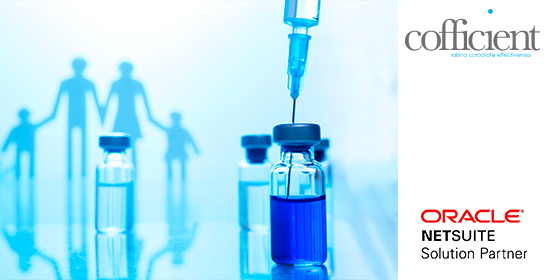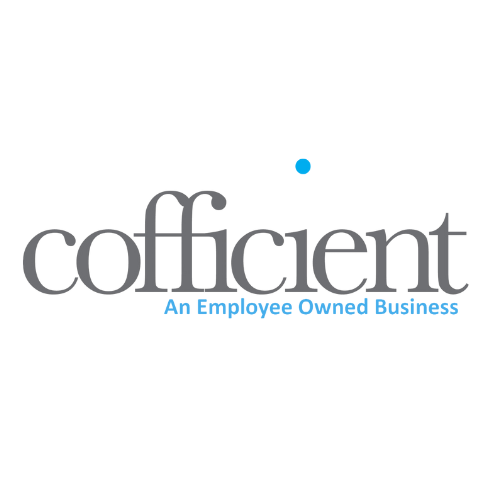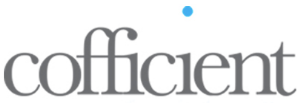
Why Good Supply Chain Processes are Integral to the COVID-19 Vaccine
The biggest challenge facing life sciences in 2020 was no doubt the rush to develop the COVID-19 vaccine. Since the pandemic began, there has been massive pressure to get a vaccine into production as soon as possible. Developing a vaccine is vital in the race against the coronavirus, especially now that it is evolving new strains. This has presented possibly the most complex challenge for supply chain demand ever seen before. This blog will look at why good supply chain processes are integral to rolling out the COVID-19 vaccine.
Supply Chain Scale-up Challenges Facing the COVID-19 Vaccine
Pharmaceutical companies like Pfizer and BioNTech are faced with complex supply chain challenges whenever a new vaccine needs produced and, when it comes to the COVID-19 vaccine, these challenges are even more complex. Below we’ve looked at some of the problems facing the coronavirus vaccine supply chain and how supply chain management software, NetSuite, is equipped to handle them.
- Compliance – when it comes to pharmaceuticals and vaccinations, compliance is an essential factor that must be considered in the supply chain process and choosing an ERP system to manage it. Netsuite ERP is SOX compliant, helping to satisfy requirements around data management.
- Grant Management – there are a number of grants to support research in life sciences which usually come from foundations, donors, and the government. Usually, each grant will have its own separate set of rules for how the money provided can be used. NetSuite can manage and track all funds by using project and customer records. What’s more, NetSuite has efficient auditing capabilities which makes tracing costs to the source simple.
- Quality or Production Issues – quality and production issues can cause delays and disruptions to the supply chain. Being able to identify quality issues early on is essential to the COVID-19 vaccine where billions of lives depend on it. Therefore, being able to scale up the supply chain is fundamental – luckily NetSuite is up to the task. NetSuite is designed with flexibility in mind, it is designed to grow as your project and business does allowing you to scale up or scale down your supply chain as needed.
- Inventory Management – tracking inventory is a challenge for any supply chain. The COVID-19 vaccine has a huge supply chain, so ensuring laboratories are stocked and inventory is available is critical. Trying to keep track of inventory manually in a spreadsheet often leads to mistakes and out-of-date information. NetSuite’s inventory management software provides you with real-time updates and a 360 view of units, goods purchased, and stock that is sold, or consumed. This, in turn, helps to provide more accurate inventory levels compared to tracking inventory with a standard spreadsheet.
What Supply Chain Factors Need to be Considered for the COVID-19 Vaccine?
- Distribution
Following the successful development of the COVID-19 vaccine, the challenge of how it should be allocated and the fastest methods to roll it out are now facing experts. Distributing the vaccine to so many people in need makes the COVID-19 a remarkable supply chain in itself. - Complexity
The vaccine itself is only one element of a massive supply chain task; for example, to administer the vaccine, the same number (if not more) syringes, alcohol prep pads, and vials will need to be distributed as well. - Social Pressures
The COVID-19 vaccine is under more pressure than a typical vaccine supply chain. Usually, vaccine supply chains are a streamlined process from manufacturers to healthcare facilities, but he coronavirus vaccine is also facing enormous attention from governments and the media. Involvement from the government, as a result, increases the complexity of the supply chain because different governments will want to roll out the vaccine in different ways. - Priority and Allocation
With the coronavirus vaccine, demand currently exceeds supply which means that manufacturers and governments need to prioritise and allocate vaccines. Governments are now making decisions about which populations will be the first to receive the immunisation to target areas that will have the most significant impact in slowing the spread. - Shorter Supply Chain Demand Planning Cycles
With such high demand for the COVID-19 vaccine, shorter planning cycles are needed to make a quicker response time for production and shipping. With millions relying on the vaccine, being able to deliver it is time critical. - Temperature
Since US pharmaceutical giant Pfizer and its German partner BioNTech announced a COVID-19 vaccine in November, the world has been tentatively holding its breath for when the vaccine will be rolled out. The vaccine has presented several complex supply chain challenges for Pfizer and BioNTech.The Pfizer vaccine must be kept at a temperature of -100 degrees Fahrenheit. This presents additional challenges to the already complex supply chain process regarding transportation and last-mile distribution.
Successful Supply Chain Management is Key to Any Business
Having a good supply chain process is key to any business’s success, no matter the scale. As we have looked at, supply chain management is integral to the success of the COVID-19 vaccine and the race against the pandemic. Having the right ERP software for your supply chain needs helps to set your business on the road to success.
If you’re struggling to meet demand, it’s an indicator that you need to scale up your supply chain. Learn how NetSuite can help you grow your business here.



